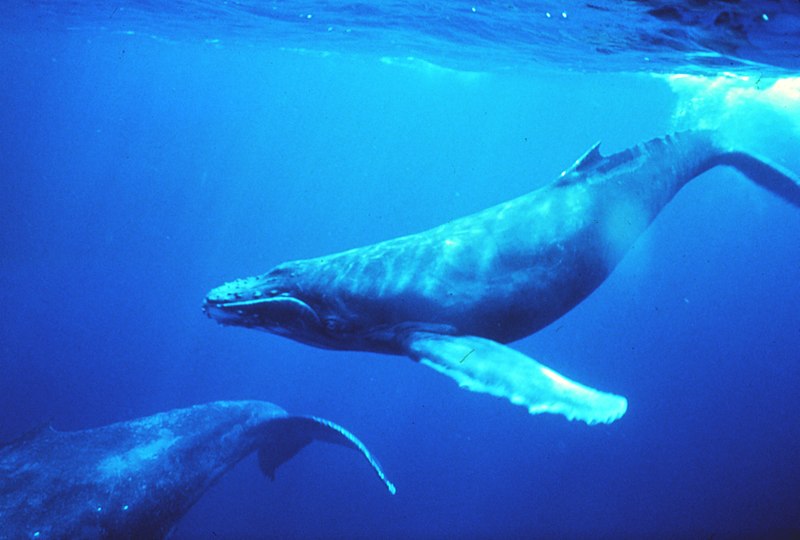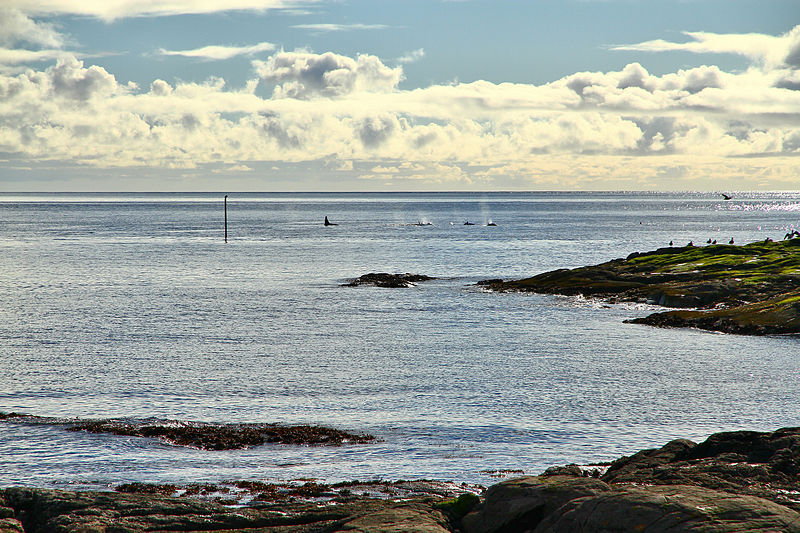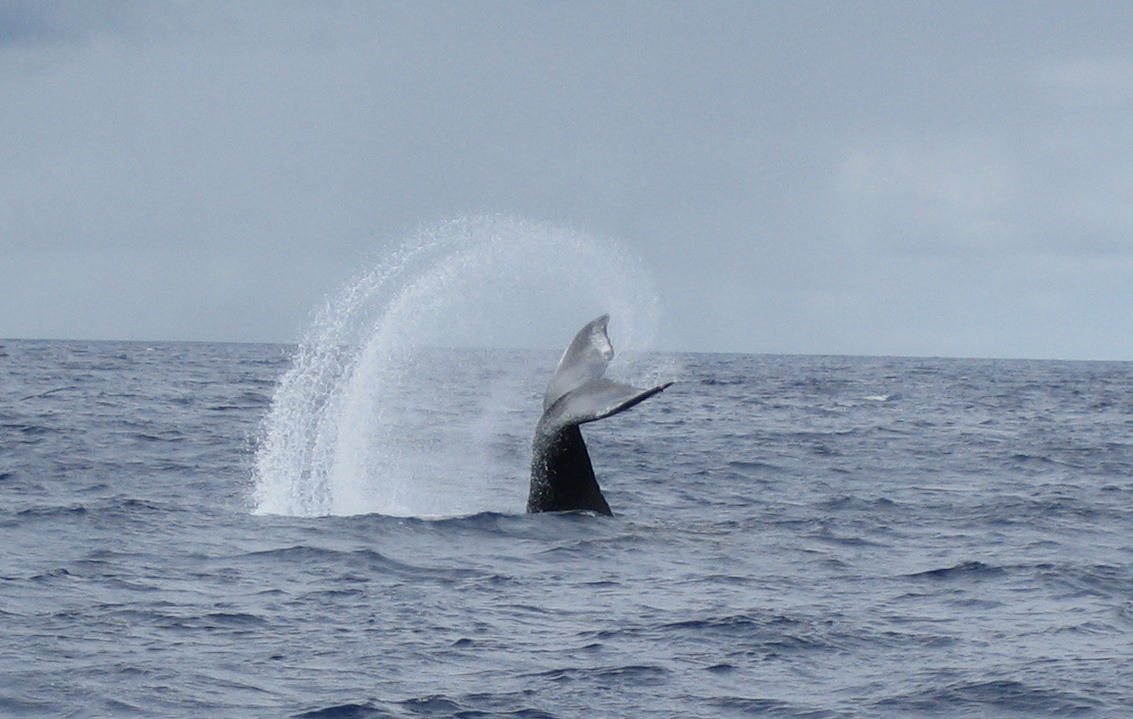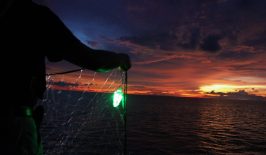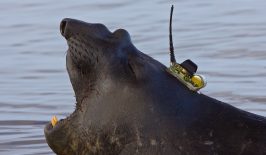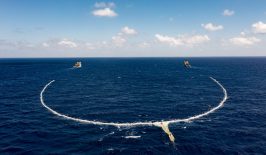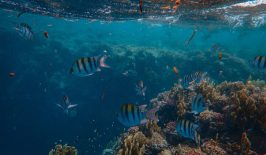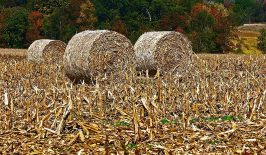Whaling has been banned worldwide since 1986. Nevertheless, this does not stop some countries from still hunting the endangered animals either illegally or under certain pretexts. Nations like Japan, Norway and Iceland still kill around 1500 whales a year for their oil, fat and cartilage which can be used for pharmaceutical products or food supplements. In some regions of the world, restaurants still lure tourists with whale meat as a “traditional” dish, even though marine mammal populations have dwindled by about 95 percent over the past 400 years.
The impact of massive whaling in the 20th century and today is evident not only in the number of animals inhabiting our oceans – there are just over 100 western Pacific grey whales left, making it the most endangered whale species – but also in the consequences for biodiversity and for a functioning marine ecosystem.
Whales, or more precisely their excrement, are particularly important for the so-called “biological pump” in the oceans. The large mammals usually feed at a depth of 300 metres, but due to the high pressure they cannot relieve themselves there. For this reason, the whales swim to the surface, where their excrement then forms a kind of floating carpet of biodiversity. When sunlight falls on it, phytoplankton grow there. These tiny creatures then absorb CO2 from the atmosphere and are in turn eaten by other fish. When the fish then die and sink to the bottom, some of the CO2 is trapped in the ocean floor. Whale faeces are thus the natural starting point of the marine food chain – and this mechanism has been weakened by extreme whaling.
Marine Biomass Regeneration is an innovative project working to develop the field of ‘biomimicry’ – the artificial simulation of natural processes. The collaboration of six different universities and research centres from around the world, led among others by David King of the Centre for Climate Repair at Cambridge University, aims to use artificial whale excrement to add a kind of fertiliser to the oceans that feeds fish and stores CO2 at the same time. This is intended to promote ecosystems and biodiversity in the ocean, allowing them to recover in the long term.
As the project is still in the development phase, the final composition of the artificial whale excrement is still being worked on. Volcanic ash or particularly iron-rich sand are under discussion, as the finished mass must have the right mix of nitrates, silicates, phosphates and iron. The artificial manure is then to be placed on baked rice husks that serve as a kind of raft. In Goa, India, in particular, these rice husks are one of the largest waste products from the rice industry.
The project will initially be carried out on a very small scale. The goal is to first test the actual potential and feasibility. At this time, the team cannot say for certain how successful, if at all, their approach will be in repopulating the oceans or adding missing nutrients. Another project in Australia, WhaleX, has already started a similar experiment. This involved scattering a mixture of different nutrients about 10 kilometres off the coast of Sydney to test the hypothesis.
The project’s biggest challenge, however, appears to be that the artificial whale droppings could throw other ocean ecological processes out of balance. Under the terms of the London Convention, also known as the Convention on the Prevention of Marine Pollution by Dumping Wastes and Other Matter, dumping any form of waste in the ocean is prohibited, with some minor exceptions.
For this reason, the project is initially scheduled to run for only three weeks in order to test whether the construction of the artificial faeces works. Overall, however, much more research is needed on the role of whale excrement in the marine ecosystem. The researchers are aware that the composition of the artificial whale excrement must also be very well calculated and balanced in order not to cause additional, harmful effects.
Currently, scientific evidence on the approach is inconclusive, and researchers are concerned of potentially harmful consequences. This is likely one of the reasons why the United Nations has halted ocean fertilisation for the time being and placed a ban on large-scale fertilisation until more validated research is available.
However, with emissions of 40 trillion tons of carbon per year, researchers are aware that the project needs to be done on a large-scale to really make a difference. Whale populations appear to be recovering, but slowly, and there are no guarantees yet that this approach or the increasing numbers of whales themselves will ever restore what has already been lost.
